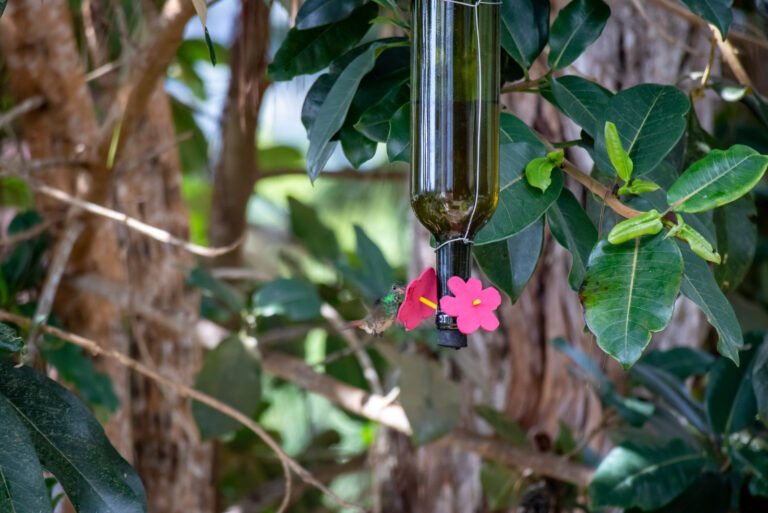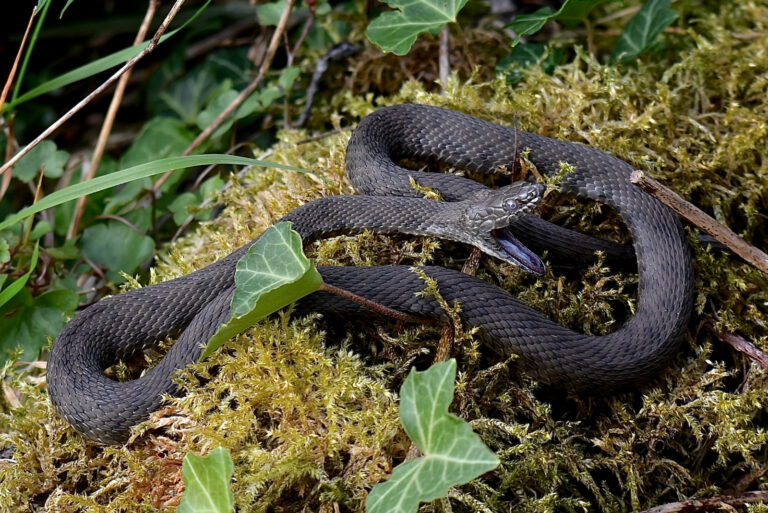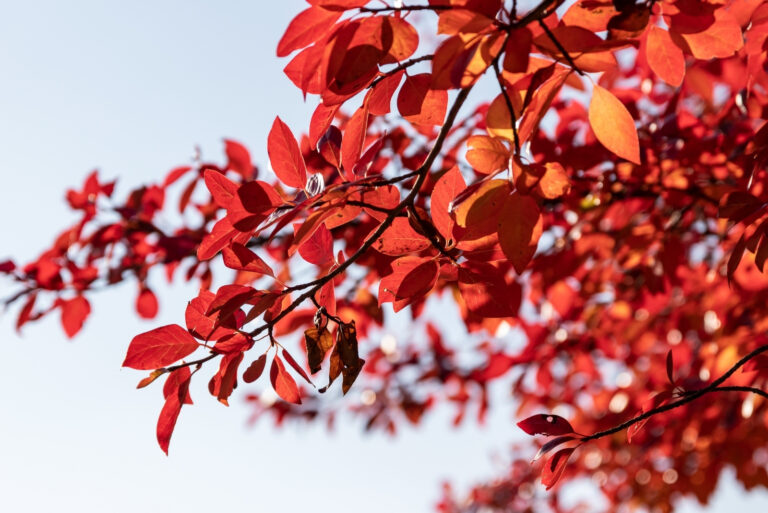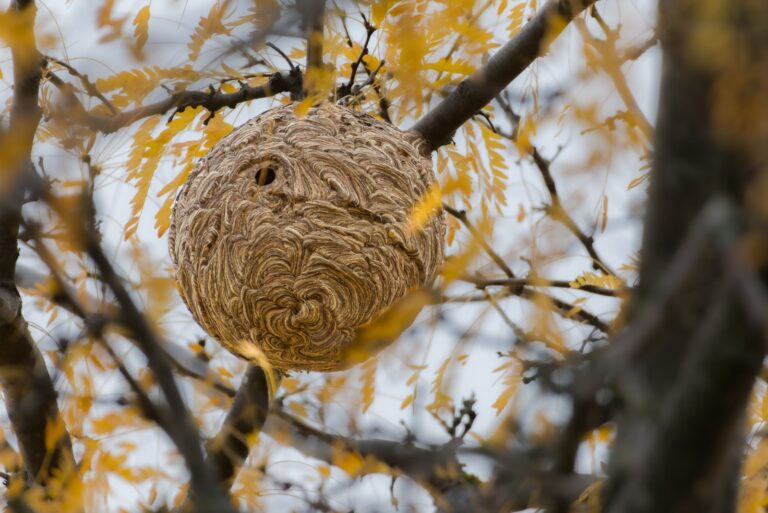10 Dangerous Insects You Should Remove Right Away In Massachusetts
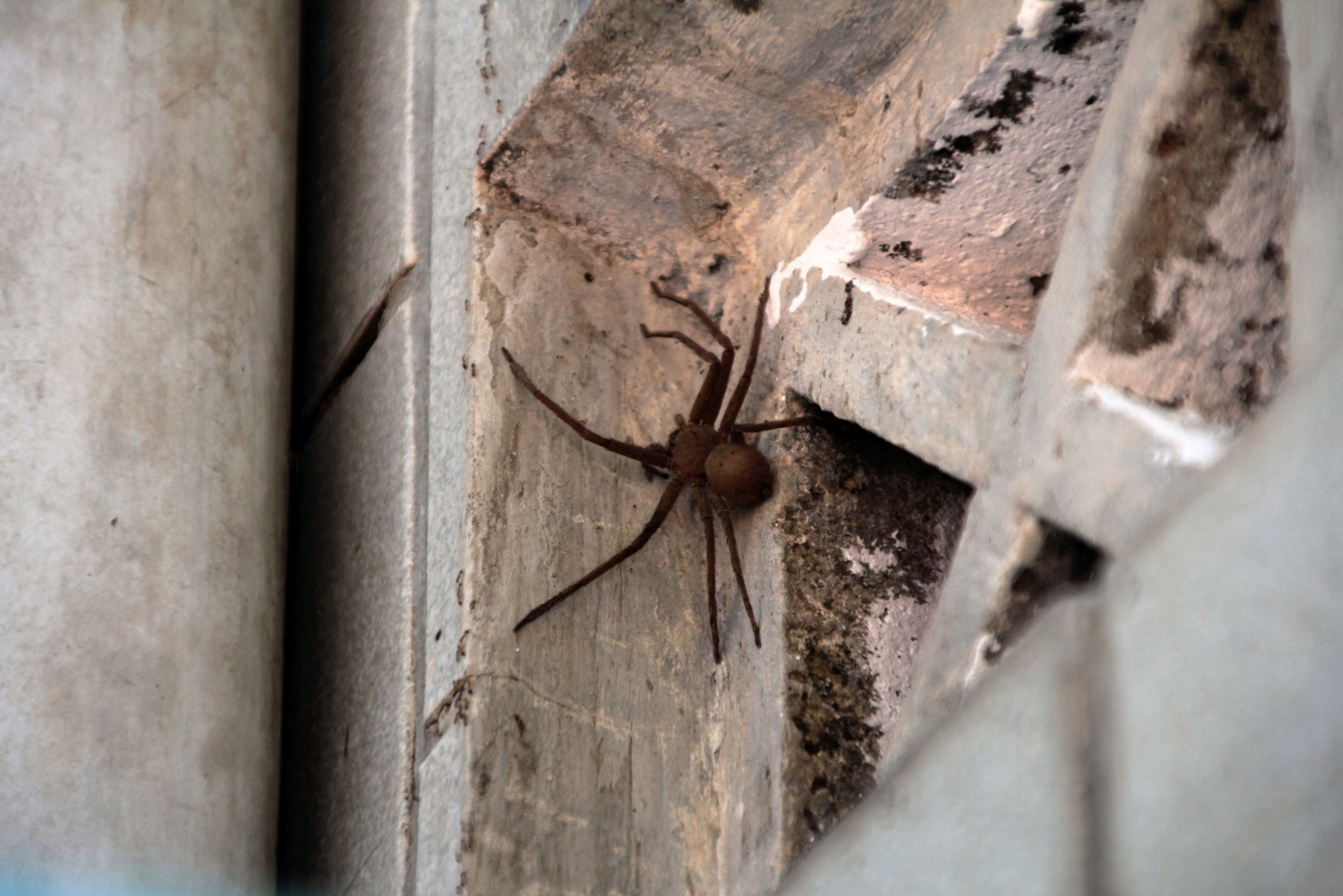
Massachusetts gardens can hide tiny dangers you might not notice at first glance. These 10 insects pose real risks to plants, pets, and even people.
Knowing how to spot and remove them keeps your yard healthy and safe. Take a look at this list before the problem gets out of hand.
1. Brown Recluse Spiders

Despite being uncommon in Massachusetts, these venomous arachnids occasionally hitch rides in moving boxes or furniture. Their bite can cause severe tissue damage requiring medical attention.
Look for the violin-shaped marking on their back. Massachusetts poison control centers report several confirmed sightings annually, so don’t dismiss unusual spider encounters in your basement or attic.
2. Black Widow Spiders
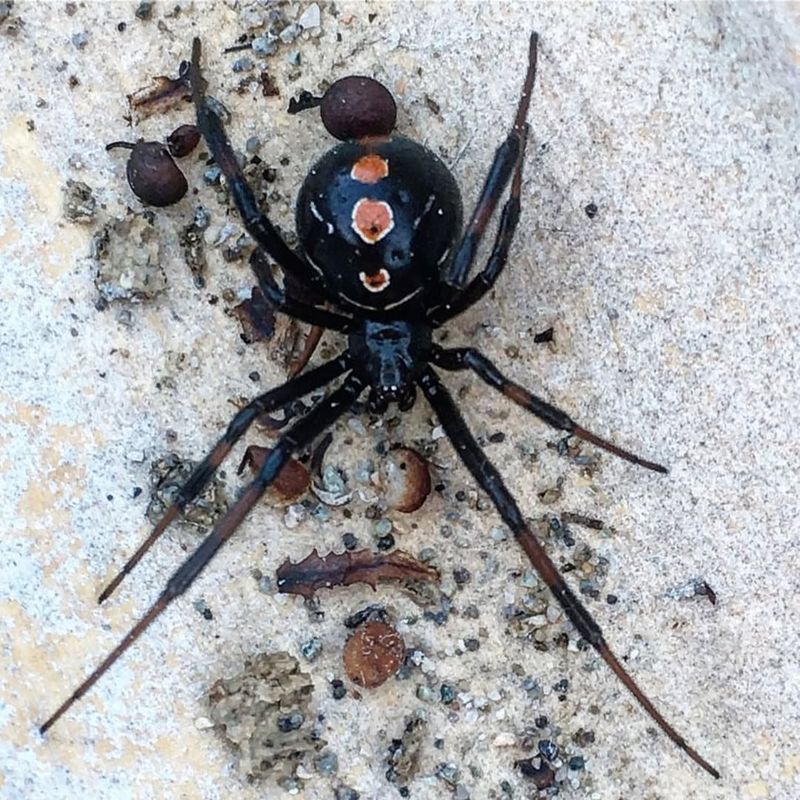
Famous for their glossy black bodies and red hourglass marking, these spiders pack a potentially deadly punch. Their venom is particularly dangerous to children and elderly folks throughout Massachusetts.
They prefer dark, undisturbed areas like woodpiles and garden sheds. While rare in the Bay State, warming trends have increased their northern range, making vigilance essential.
3. Deer Ticks
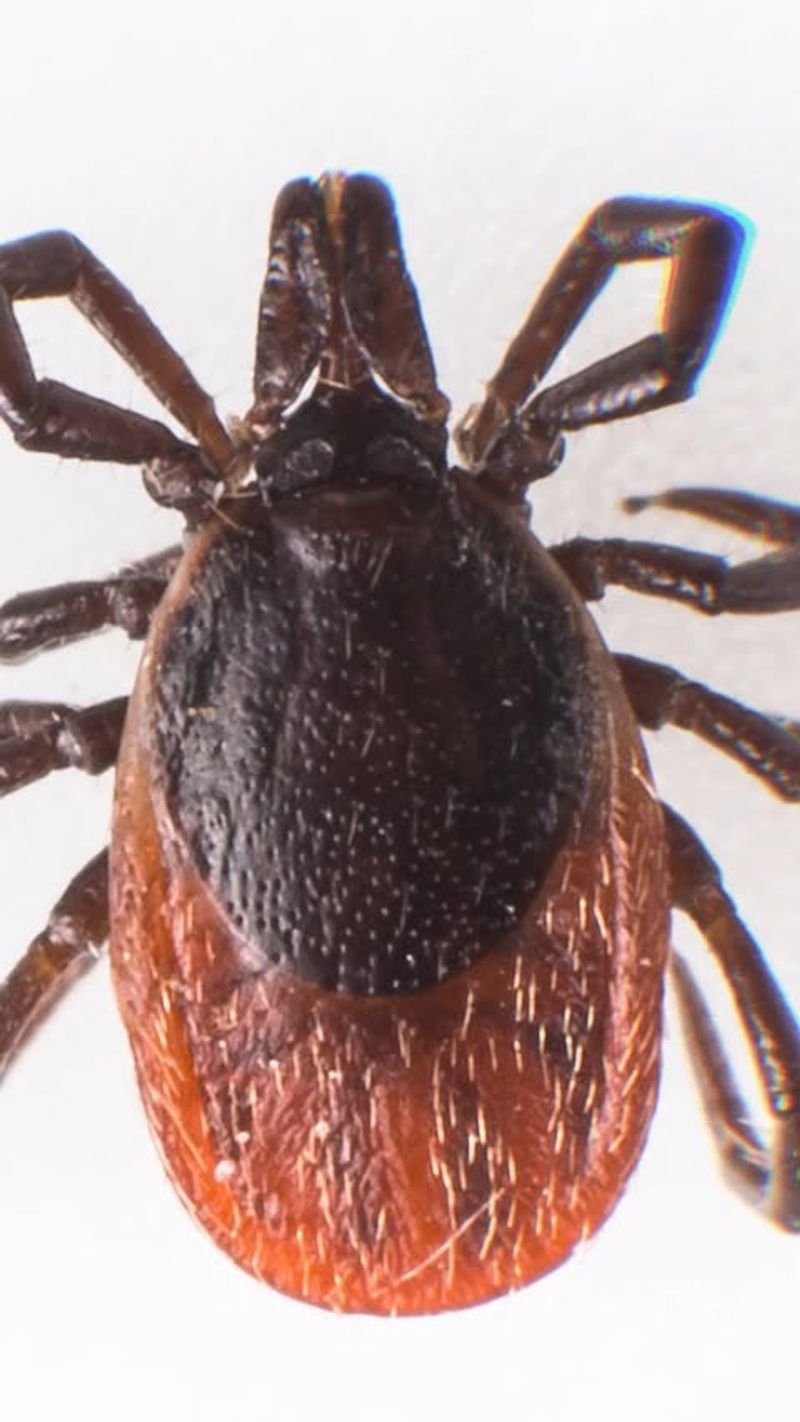
These tiny terrors are Massachusetts’ most concerning disease vectors. No bigger than a poppy seed, they transmit Lyme disease, babesiosis, and other serious illnesses through their bite.
The Commonwealth consistently ranks among states with highest Lyme disease rates. Regular tick checks after outdoor activities are crucial, especially in wooded areas of central and western Massachusetts.
4. Paper Wasps
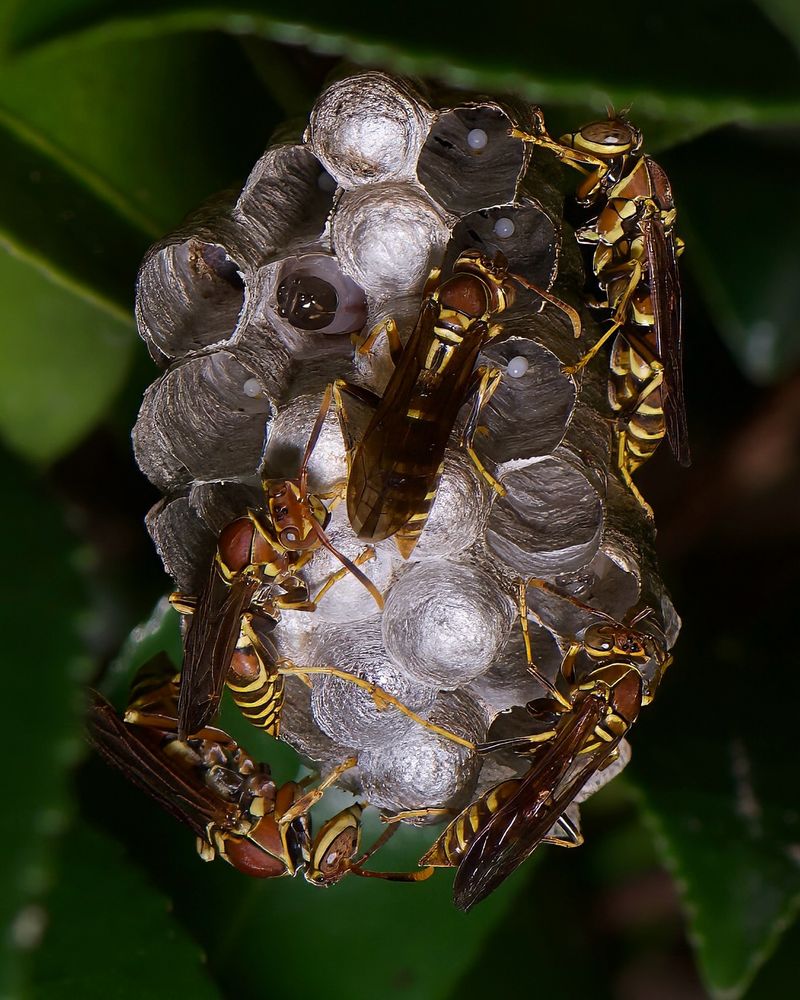
Those umbrella-shaped nests hanging from your Massachusetts home’s eaves house aggressive defenders. Paper wasps can sting repeatedly when threatened, causing severe reactions in sensitive individuals.
Unlike honeybees, they don’t lose their stinger. Massachusetts emergency rooms treat numerous wasp sting cases each summer, with some patients requiring hospitalization for anaphylactic shock.
5. Carpenter Ants
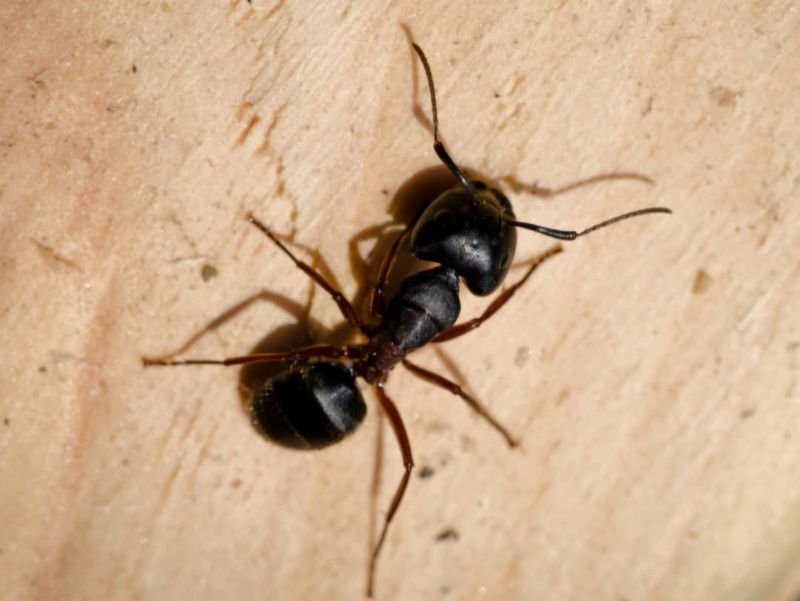
Don’t be fooled by their small size—these destructive insects hollow out wood to build their colonies. Unlike termites, they don’t eat wood but excavate it, potentially compromising structural integrity.
Massachusetts’ older homes are particularly vulnerable. Spotting sawdust-like material (frass) near wooden structures signals an infestation that requires immediate professional attention before your Bay State home suffers serious damage.
6. Bed Bugs
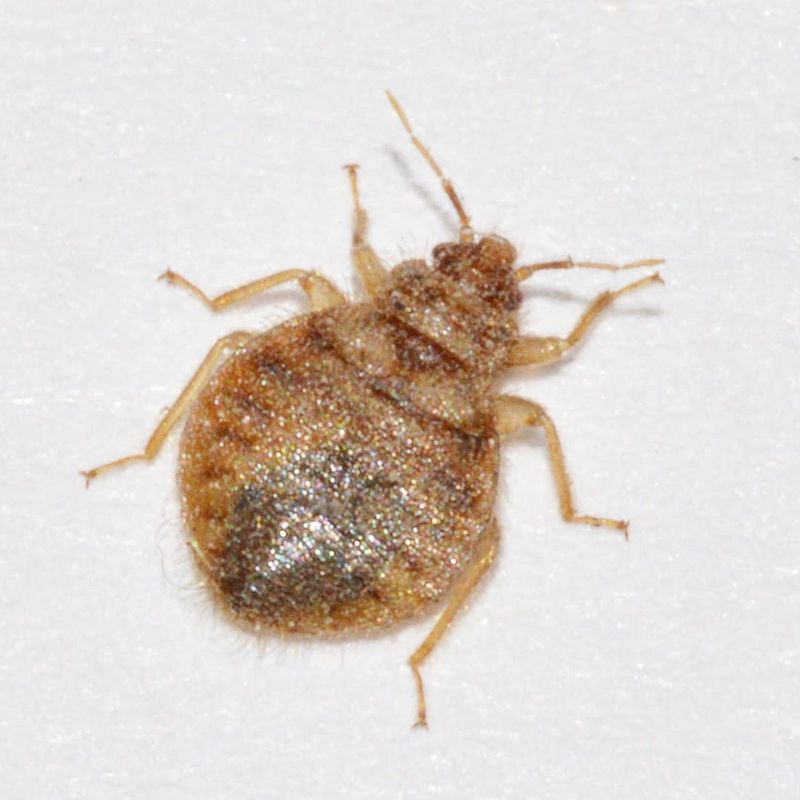
These nighttime bloodsuckers have made a dramatic comeback across Massachusetts cities. Though they don’t transmit diseases, their bites cause itchy welts and significant psychological distress.
Boston ranks among America’s most bed bug-infested cities. These resilient pests hide in mattress seams, headboards, and furniture cracks, making professional heat treatment often necessary for Massachusetts residents facing infestations.
7. Mosquitoes
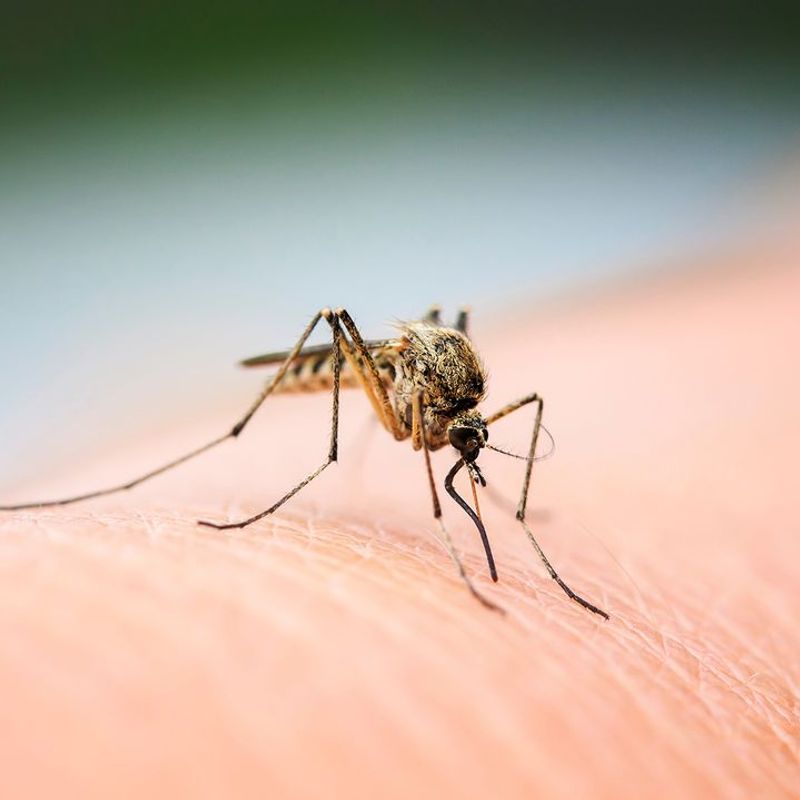
Beyond ruining summer evenings, Massachusetts mosquitoes carry serious diseases like West Nile virus and Eastern Equine Encephalitis (EEE). The state regularly issues health advisories when virus-positive mosquitoes are detected.
Standing water in gutters, birdbaths, and unused containers becomes breeding grounds. Massachusetts residents should eliminate these water sources and use repellents during peak mosquito hours to reduce exposure risks.
8. Yellow Jackets
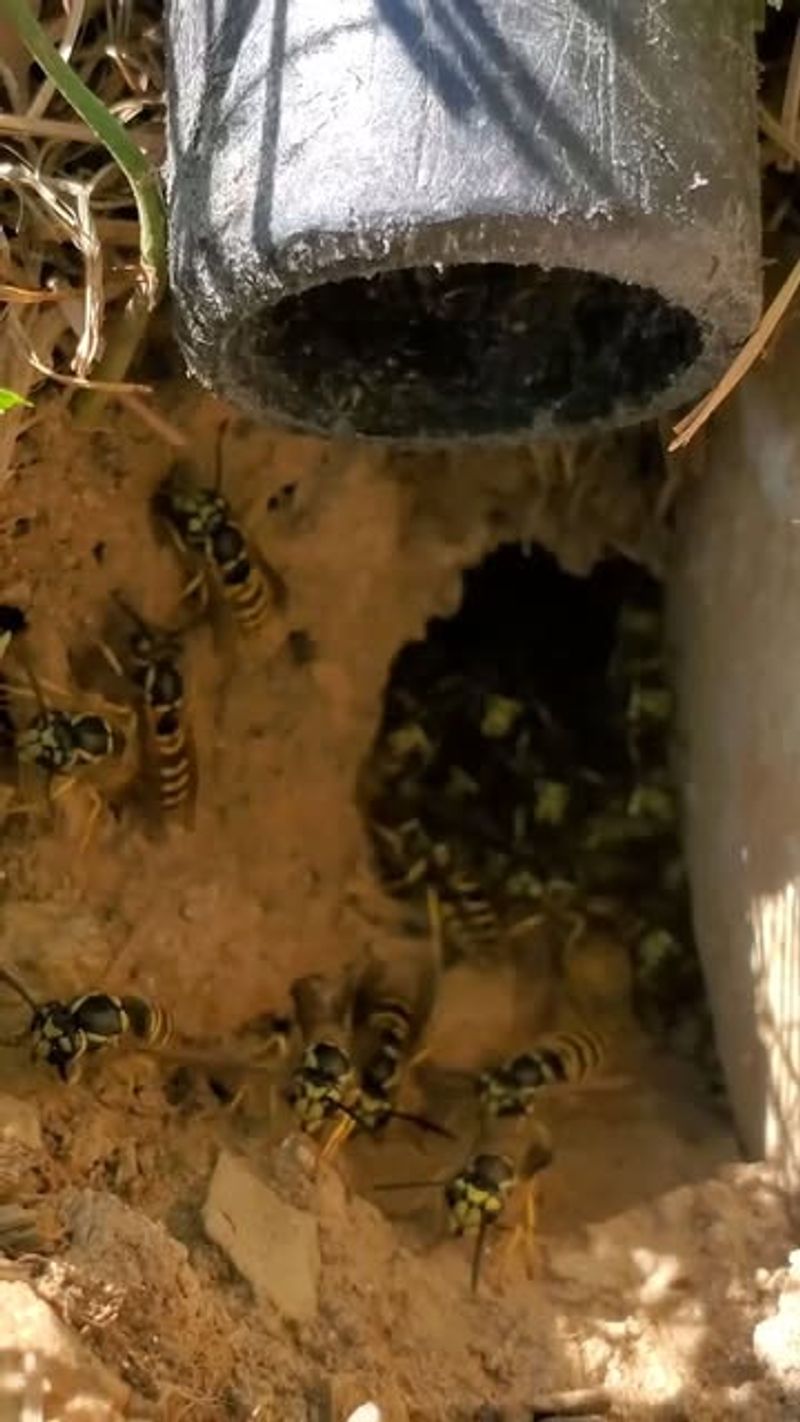
Aggressive and territorial, yellow jackets build hidden nests in Massachusetts yards that become dangerous surprise encounters. Unlike bees, they can sting repeatedly and often attack in swarms when disturbed.
Late summer brings heightened aggression as food sources dwindle. Massachusetts pest control companies report hundreds of yellow jacket nest removals annually, particularly from wall voids and underground burrows.
9. Termites
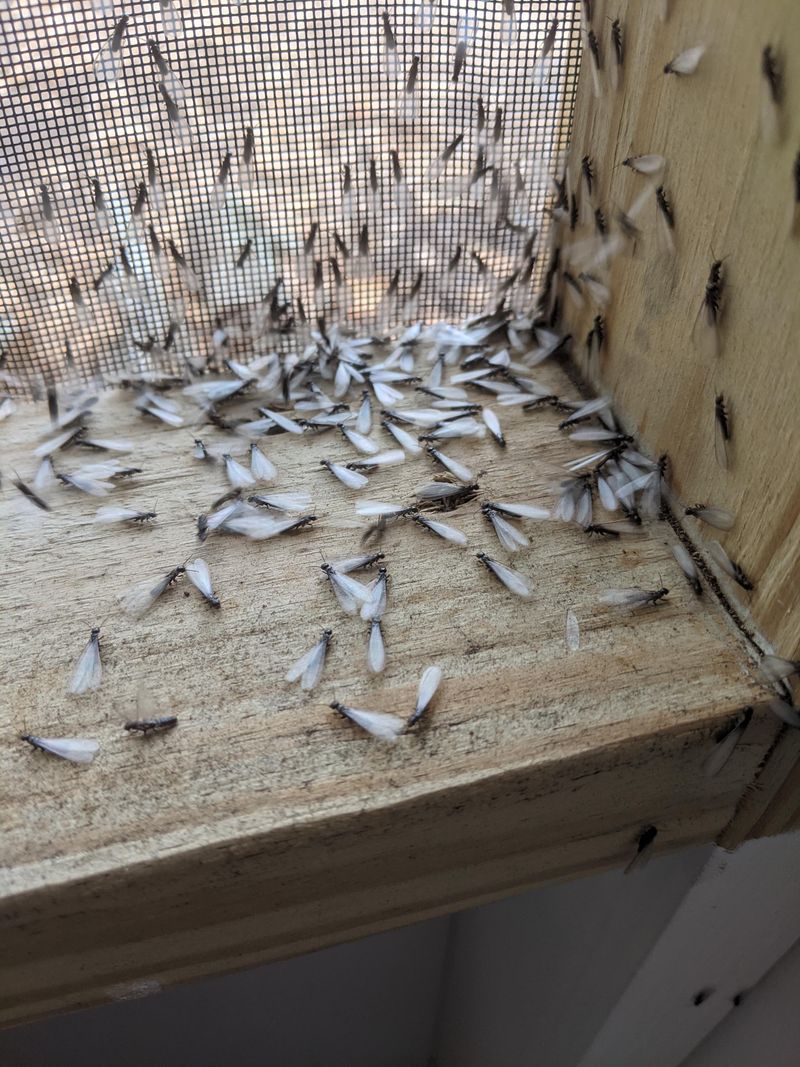
Silent destroyers working 24/7, termites cause over $5 billion in property damage annually nationwide. Eastern subterranean termites are Massachusetts’ most common species, feasting unseen within wooden structures.
The Bay State’s humid summers create ideal conditions for colony expansion. Warning signs include mud tubes along foundations, discarded wings near windows, and hollow-sounding wood that requires immediate professional intervention.
10. Fire Ants
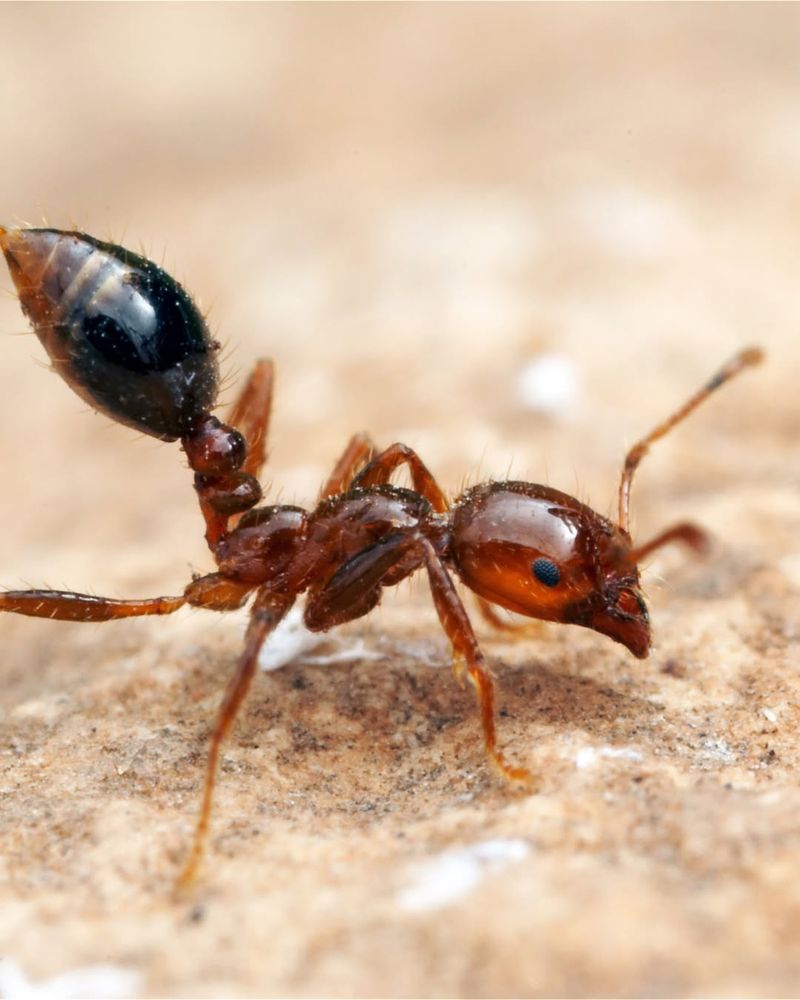
These aggressive invaders have been spotted in southern Massachusetts in recent years. Their painful stings cause burning welts that can become infected, posing serious risks to children, elderly, and allergy sufferers.
Climate change has expanded their range northward. Massachusetts environmental agencies monitor their spread carefully, as established colonies build distinctive mounded nests that can damage lawns and agricultural areas.

